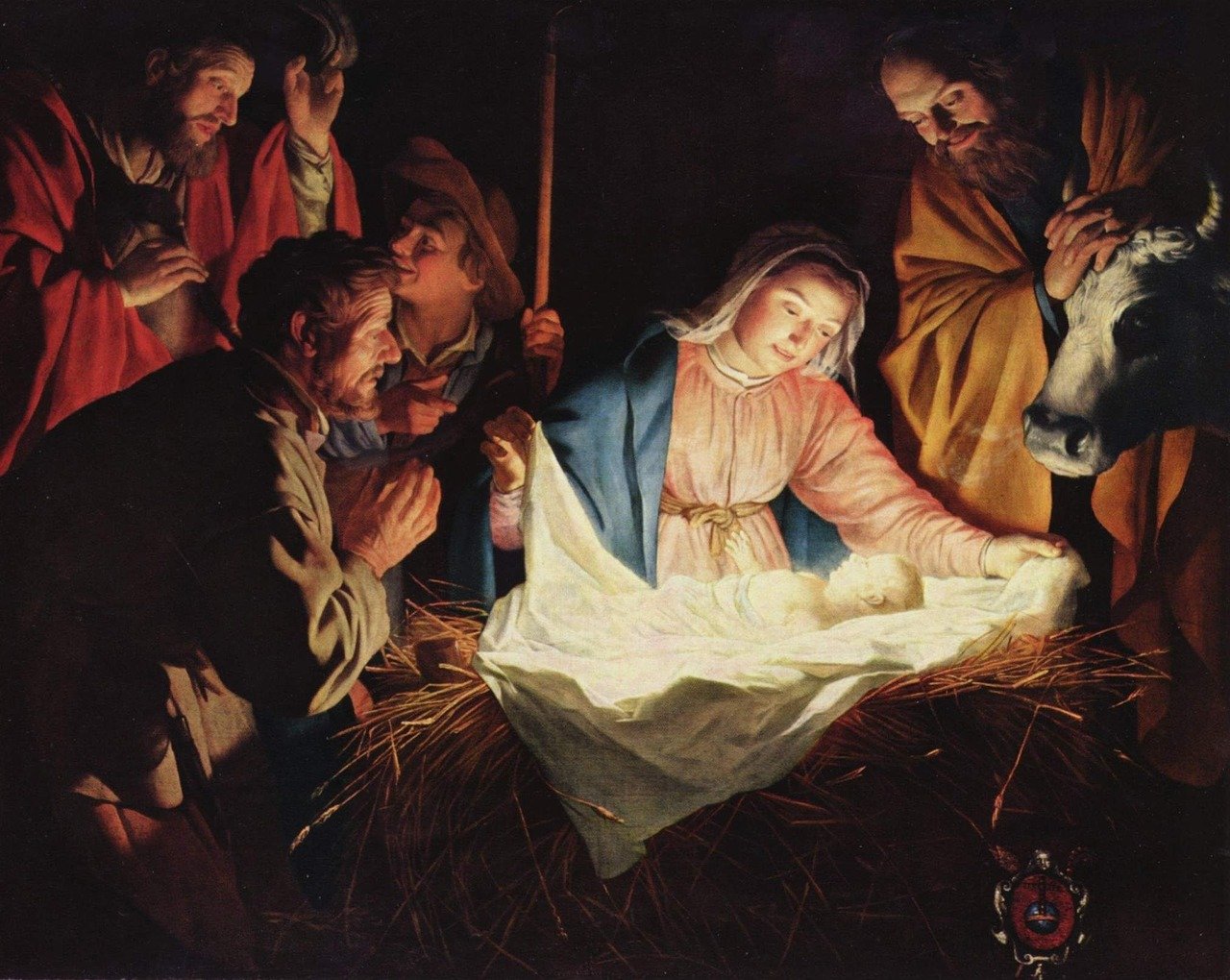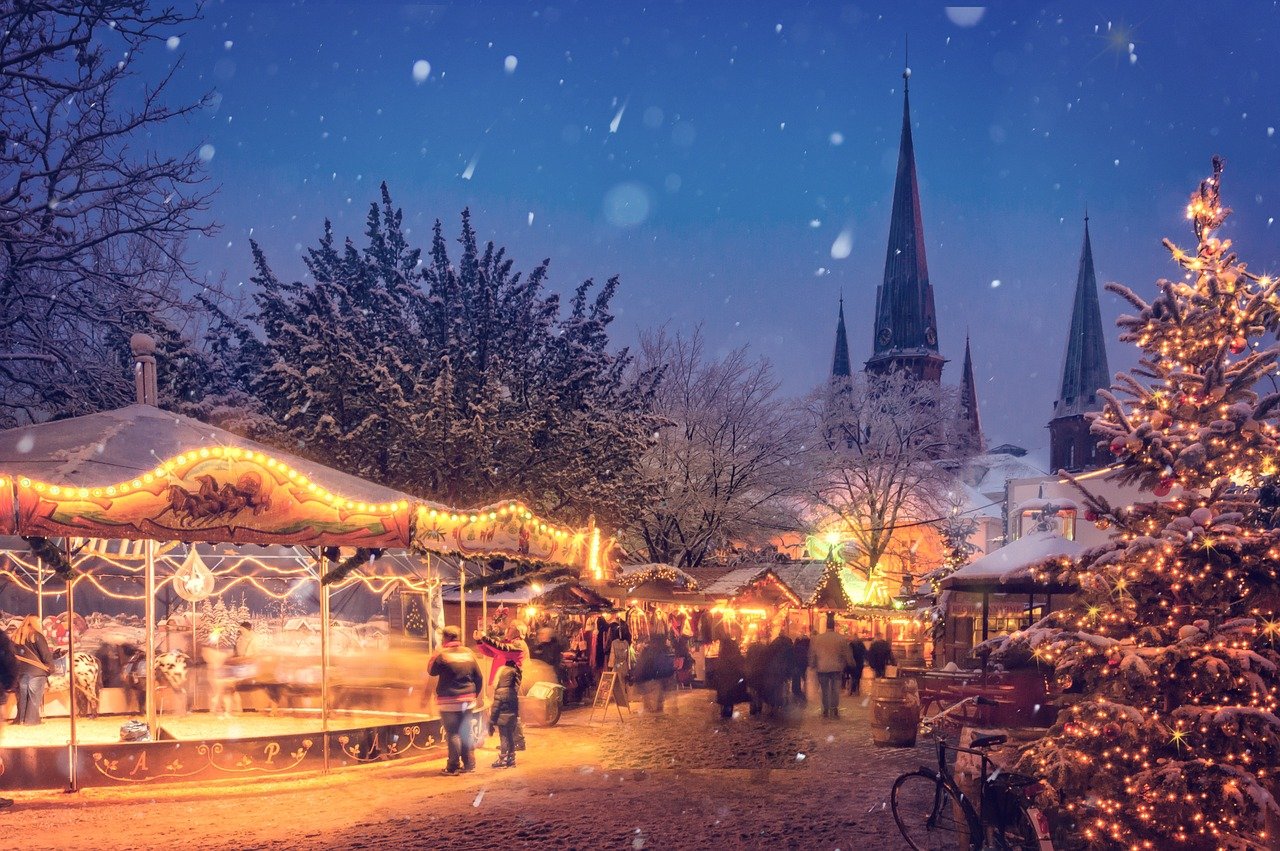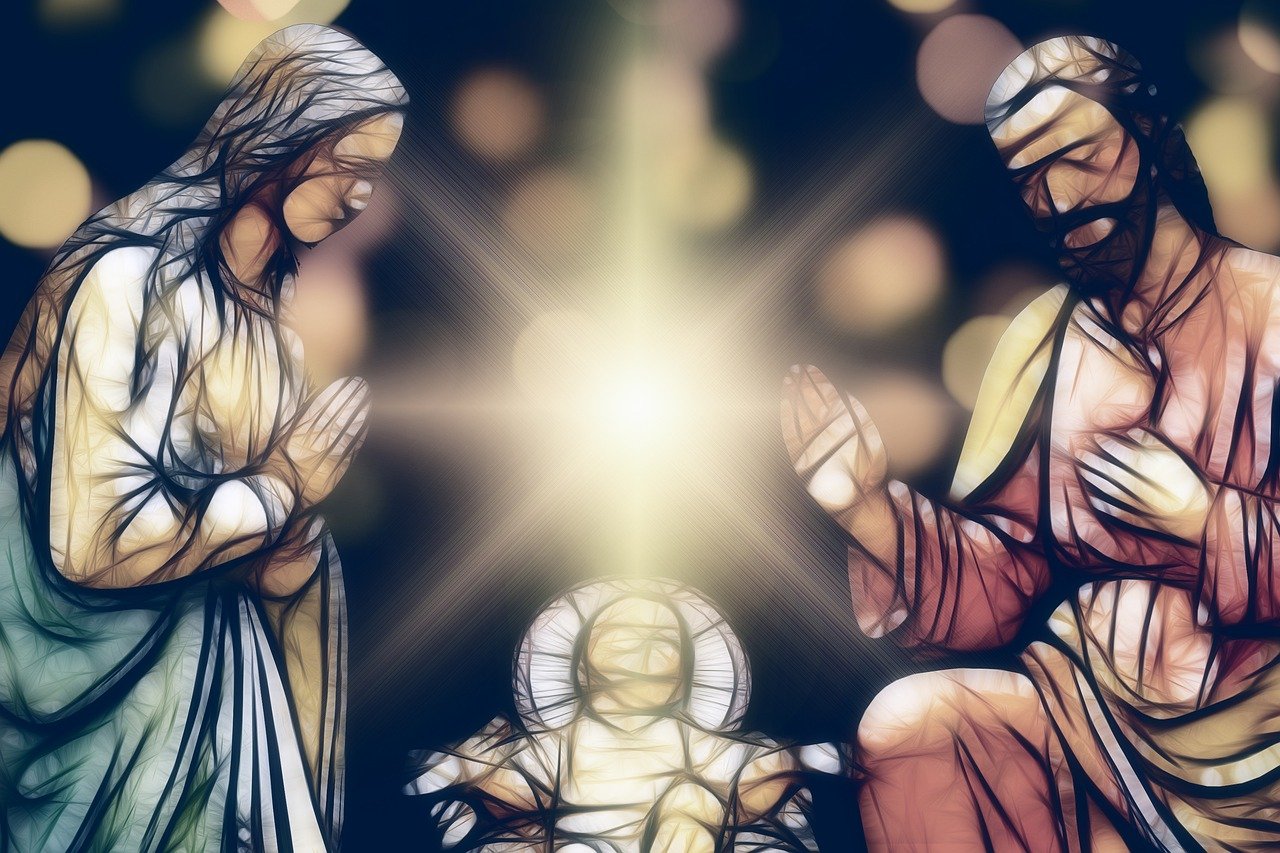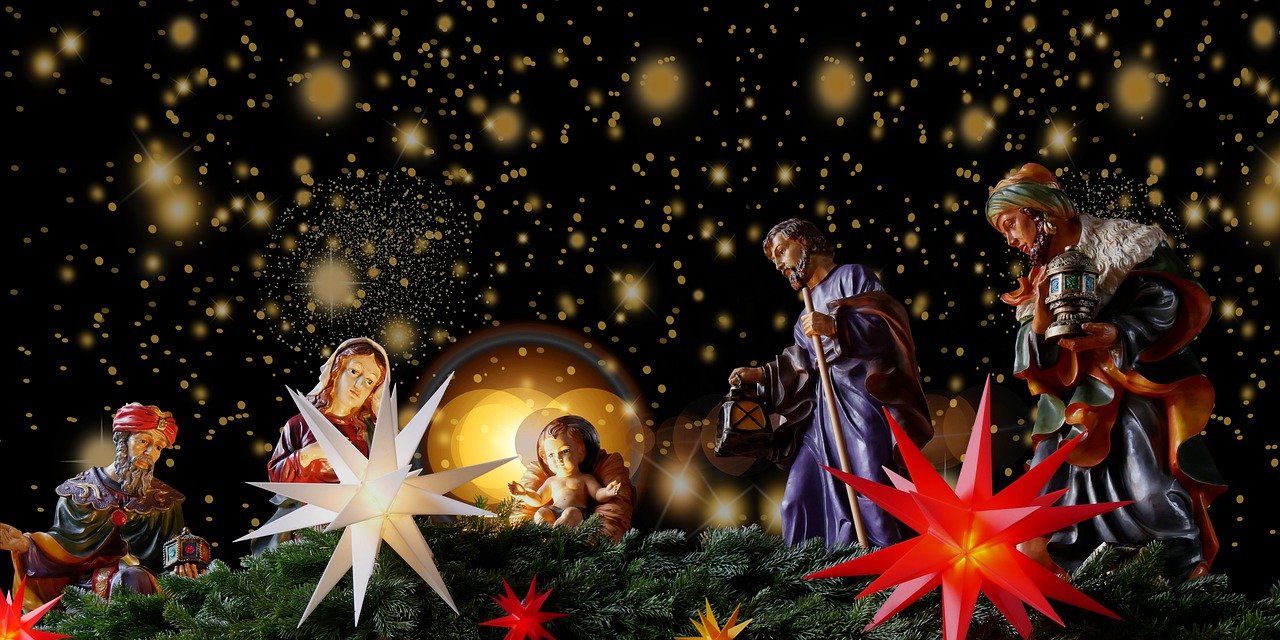Should Christians Celebrate Christmas?
Too worldly? Rooted in paganism? Or a beautiful holiday?

This question might seem strange at first, but the celebration of Christmas has been a topic of debate in the Christian community for many years. The argument for not celebrating is that a lot of the traditions surrounding the holiday have origins in paganism. On the other side of the debate, we have Christians who observe the holiday as a time to reflect on the birth of Christ, regardless of the other things that go along with it.
The discussion of to celebrate or to not celebrate has been alive and well on ebible.com – a community of fellow Christians seeking to learn and grow in their walk with God. Ebible also offers many translations of the Bible, as well as study tools, devotions, and a question and answer platform.
Here are a few responses from our members about the Christmas debate. These answers do not necessarily reflect the views of Ebible or FaithHub. You can view the original question here!
Bob Vee, Ebible Supporter

Plain and simple, no. It is yet another pagan feast that was sold to the “Christians” as celebrating the birth of Christ.
The feast’s original name is saturnalia and is mixed with other forms of pagan worship such as the Saxon pagan worship of tree gods where they sacrificed and put gifts of fruit etc at the base of trees to appease the tree gods.
The birth of Christ by the way is at a totally different time of year and the Lord Himself has not aligned any of the biblical feasts with it simply because even though He came as a man to this world He is God and has had no beginning and has no end, therefore, no actual birth.
Focus should not be on His birth on earth but on His death and resurrection and His Salvation of mankind.
S. Michael Houdmann, Got Questions Ministries

One argument against Christmas is that the traditions surrounding the holiday have origins in paganism. While there are definitely pagan roots to some traditions, there are many more traditions associated with the true meaning of Christmas-the birth of the Savior of the world in Bethlehem. Bells are played to ring out the joyous news, candles are lit to remind us that Christ is the Light of the world (John 1:4-9), a star is placed on the top of a Christmas tree to remember the Star of Bethlehem, and gifts are exchanged to remind us of the gifts of the Magi to Jesus, the greatest gift of God to mankind.
Another argument against Christmas, especially having a Christmas tree, is that the Bible forbids bringing trees into our homes and decorating them. The passage often cited is Jeremiah 10:1-16, but this passage refers to cutting down trees, chiseling the wood to make an idol, and then decorating the idol with silver and gold for the purpose of bowing down before it to worship it (see also Isaiah 44:9-18). The passage in Jeremiah cannot be taken out of its context and used to make a legitimate argument against Christmas trees.

Some Christians say that since the world celebrates Christmas, Christians should avoid it. But that is the same argument made by false religions that deny Christ altogether. Those Christians who do celebrate Christmas often see the occasion as an opportunity to proclaim Christ as “the reason for the season” among the nations and to those trapped in false religions.
As we have seen, there is no legitimate scriptural reason not to celebrate Christmas. At the same time, there is no biblical mandate to celebrate it, either. In the end, of course, whether or not to celebrate Christmas is a personal decision. As in all things, we seek wisdom from Him who gives it liberally to all who ask (James 1:5) and accept one another in Christian love and grace, regardless of our views on Christmas.
Jennifer Rothnie, Ebible Supporter

There are many things to consider, especially in regards to how the testimony of the church is affected:
1) Is everything ascribed to God on this day true? (2 Cor 4:2)
That is, is Jesus actually the “reason for the season” vs. The reason for all time? Was Jesus actually born Dec. 25th? What is the history of the day? Were there three kings at the manger? (John 1:1-18, Matt 2:7-12, Luke 2:8)
2) Are the commands of God subverted for the sake of tradition? Is Christmas treated as a necessary part of the christian faith, or left it in its rightful place as a tradition of man? (Mark 7:8-13, Luke 10:25-37, Deut 11:13-21)
3) Is the right to say ‘Christmas’ defended more than the right to freely preach the gospel?

4) Is more charity given at Christmas than at other times of the year? This would link charity to Christmas, not to Christ or to love.
5) Are churches more likely to outreach on Christmas than to go outside their walls to preach the gospel? (1 Cor 2:1-5, 2 Tim 4:2) Many nominal Christians and unbelievers are exposed to Christmas/Easter, and that’s about it, as far as Christ.
6) What is the prevailing attitude of the church? Loving or stressed? Bitter or Gracious? Generous or greedy? Christmas hype or discipleship focused? We are to be spiritual lights to the world, not physical lights.
7) Is celebrating Christmas a stumbling block to unbelievers that know it is derived from older pagan religions? Is it a stumbling block to any fellow believers? (Rom 14:13-18, 1 Peter 2:11-12)
8) Is my behavior set apart from the world? (1 Pet 2:4-9)
Add your own response! View the question here!
SKM: below-content placeholderWhizzco for FHB

